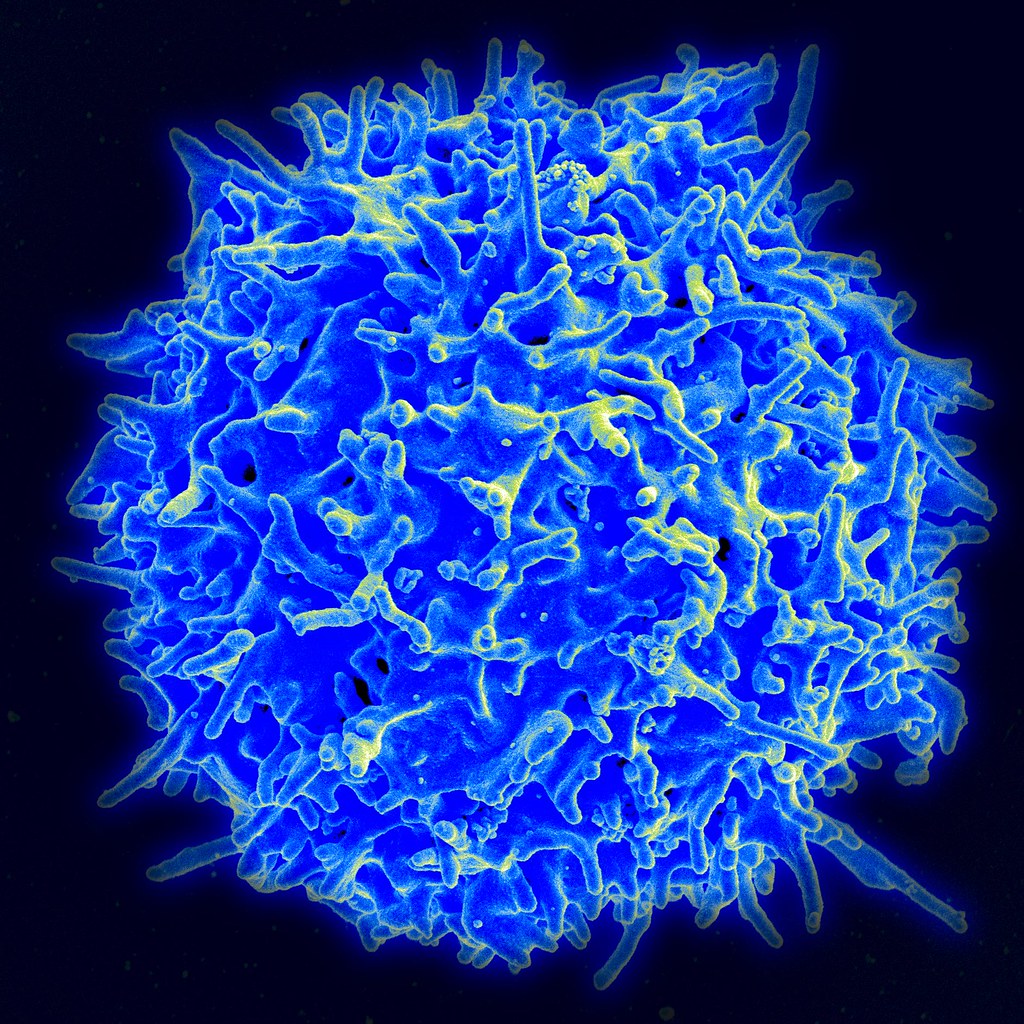The intricate dance of the immune system has long been choreographed from an adult perspective, with newborns seemingly waiting in the wings. But a groundbreaking study from Cornell University has turned the spotlight on the unexpected prowess of newborns’ T cells, revealing that these tiny defenders outshine their adult counterparts in combating a plethora of infections.

This revelation, detailed in the paper ‘The Gene Regulatory Basis of Bystander Activation in CD8+ T cells,’ published in Science Immunology, challenges the long-held view of newborns’ immune systems as underdeveloped versions of adult ones. Instead, it appears that newborn T cells are not just playing catch-up; they are playing a different game altogether.
Co-led by Brian Rudd, associate professor in the Department of Microbiology and Immunology, and Andrew Grimson, professor in the Department of Molecular Biology and Genetics, the study delves into the unique capabilities of neonatal T cells. Unlike adult T cells, which excel in recognizing antigens, forming immunological memory, and responding to repeat infections, newborn T cells are innate immune system players. They are activated by proteins that trigger a rapid, albeit nonspecific, defense against unfamiliar microbes.
Rudd explains, ‘Our paper demonstrates that neonatal T cells are not impaired, they are just different than adult T cells and these differences likely reflect the type of functions that are most useful to the host at distinct stages of life.’ This innate ability allows newborn T cells to mount a defense during the initial stages of infection, a feat most adult T cells cannot claim.
The study’s findings are particularly intriguing in light of the COVID-19 pandemic, which saw infants displaying a surprising resilience to the illness. This prompted Rudd and Grimson to investigate further, leading to the discovery that neonatal T cells have an ‘enhanced ability to protect the host against early stages of an initial infection.’
These innate neonatal T cells are not just a fleeting feature of infancy. They persist into adulthood in both mice and humans, potentially playing unique roles during infection, cancer, and autoimmune diseases. The study also identified the molecular mechanisms that allow T cells to respond to inflammation and switch between innate and adaptive functions.
This research has significant implications for developing new therapies to control T cell behavior. It also raises questions about the number of neonatal T cells in adults and how this impacts susceptibility to infection and disease outcomes. The research team, with collaborators at the University of Rochester and the University of Washington, used technology to study gene regulation of immune cells at the single-cell level, gaining new insight into a complex biological process.
As the study progresses, Rudd is keen to explore the neonatal T cells that continue into human adulthood, and how they contribute to individual variations in infection susceptibility and disease outcomes. This research, supported by the National Institute of Allergy and Infectious Disease and the National Institute of Child Health and Human Development, marks a significant shift in our understanding of the immune system’s early life strategies.
The once-underestimated newborn T cells have shown that they are not just a weaker echo of adult immunity. They are uniquely equipped guardians, ready to defend against the unknown from the very beginning of life. As we continue to unravel the mysteries of the immune system, we may find that these early defenders hold the key to unlocking new ways to protect and heal across the lifespan.
Related posts:
New research shows babies use immune system differently, but efficiently
Newborns’ Innate-Like T Cells Respond in Early Stages of Infection
Tiny but mighty: babies use their immune system differently but efficiently





